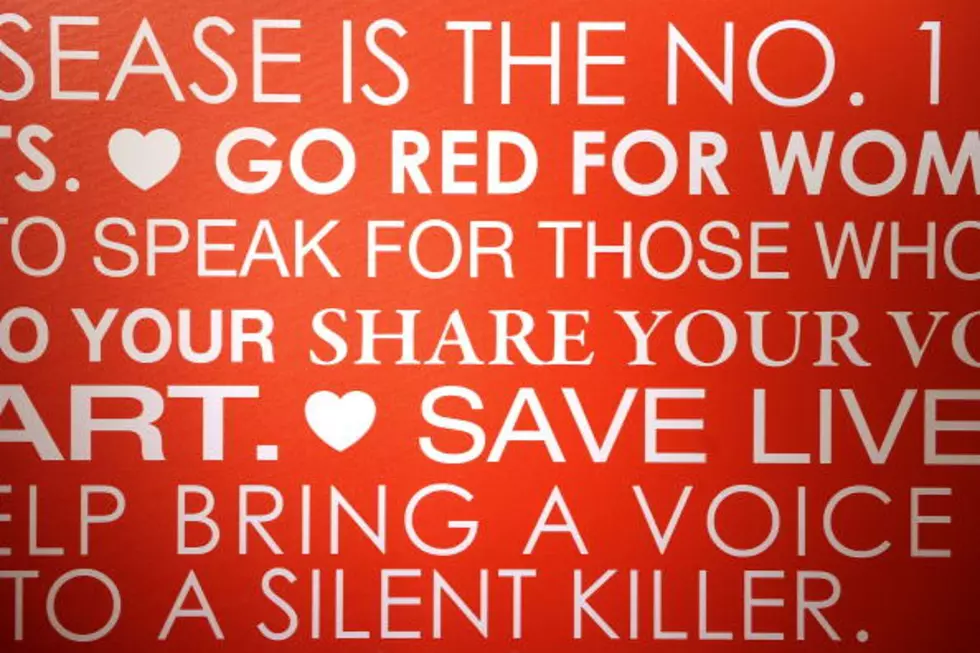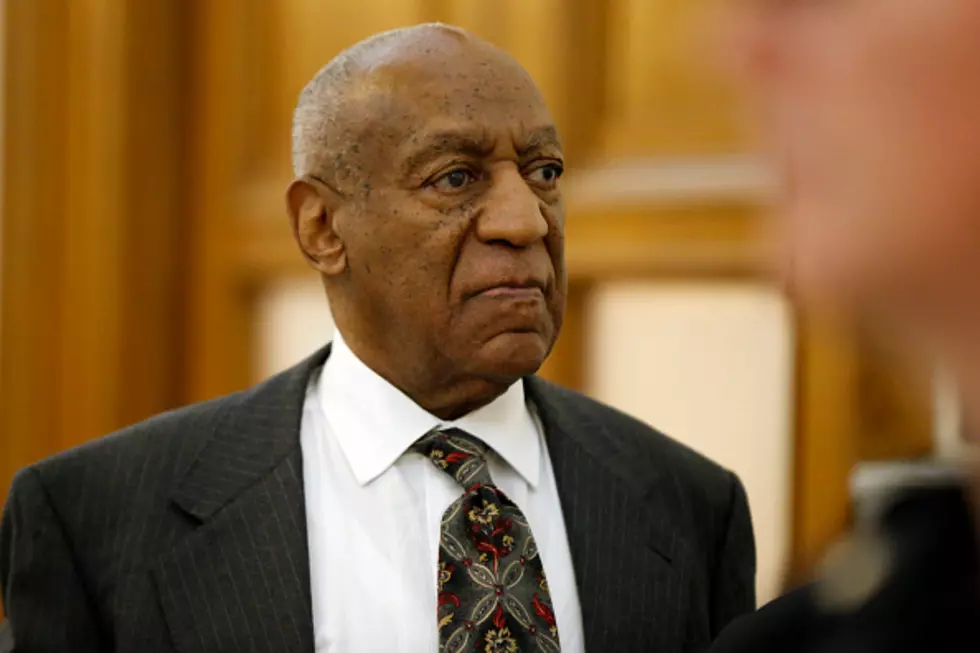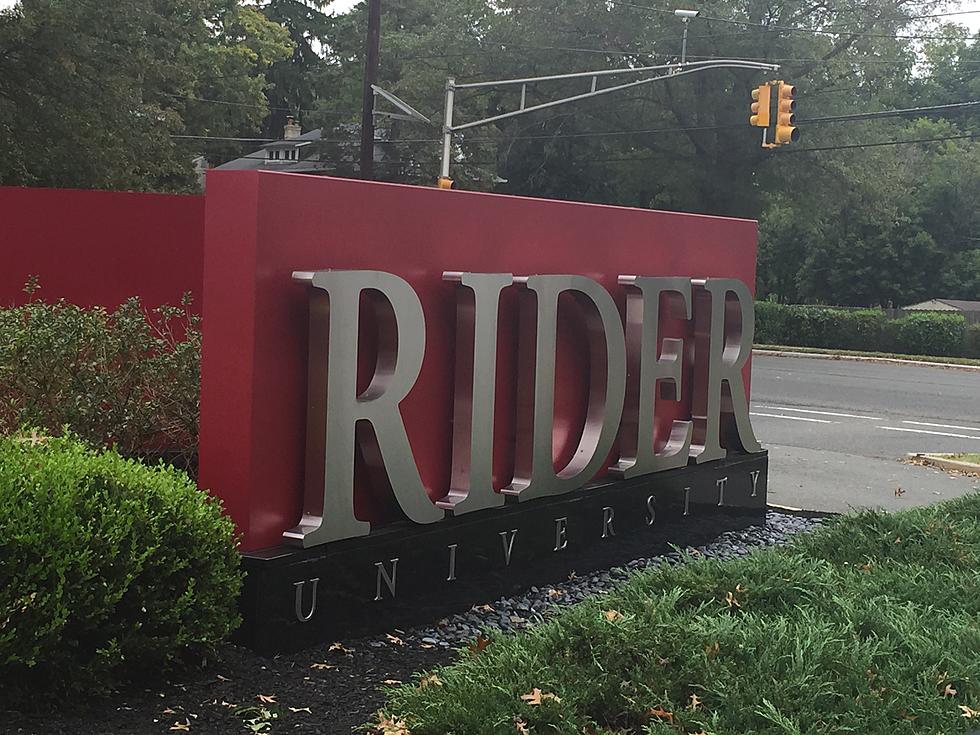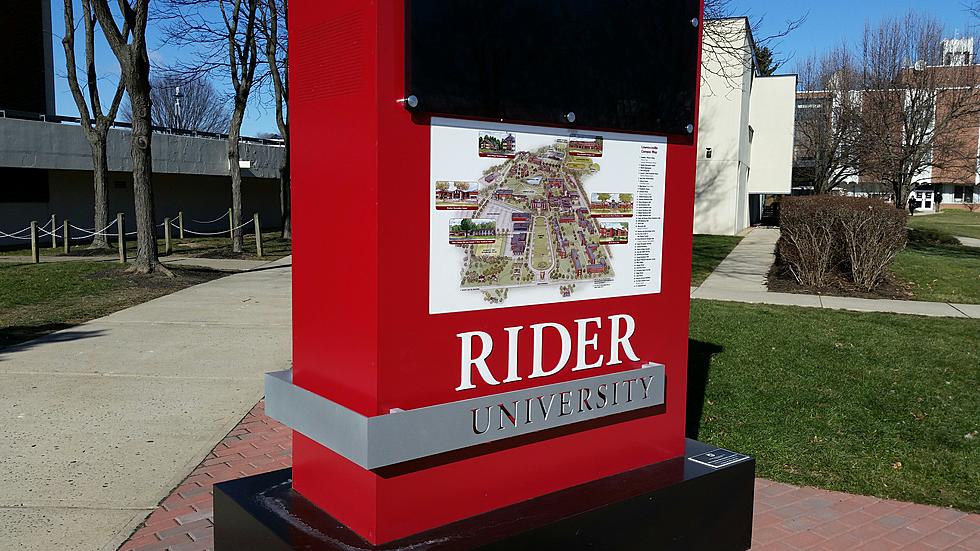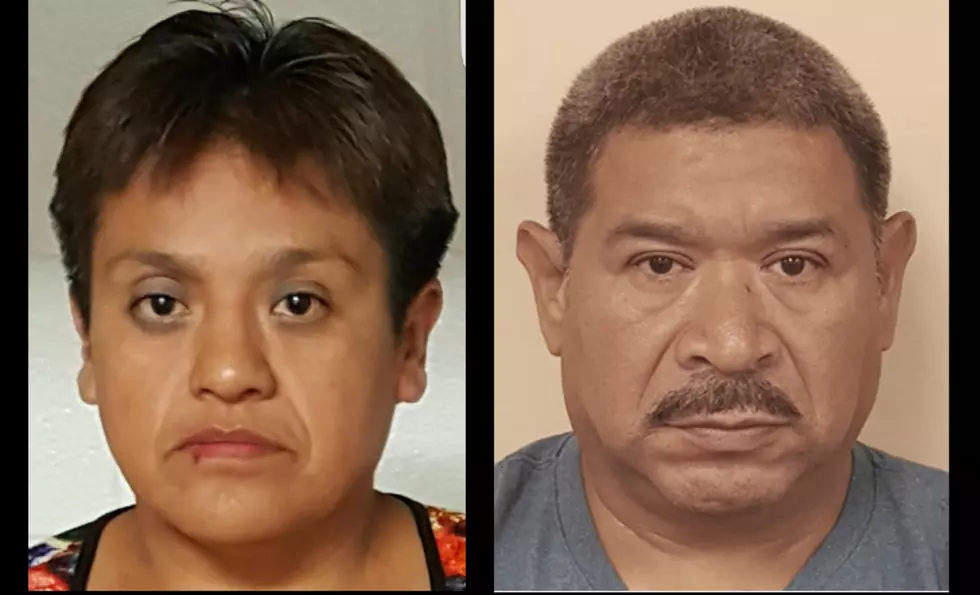![Obama Targets College Sexual Assault Epidemic [AUDIO]](http://townsquare.media/site/385/files/2012/02/DOMESTIC-VIOLENCE.jpg?w=980&q=75)
Obama Targets College Sexual Assault Epidemic [AUDIO]
Sexual assault, particularly on college campuses, has devastated millions of Americans. Between 20 and 25 percent of women and 15 percent of men will be victimized at some point during their college careers. Nearly 22 million American women and 1.6 million men have been raped during their lifetimes.
The issue has gotten the attention of President Barack Obama who is launching an initiative to combat the problem.
"In college, there is an environment where there is a lot of co-mingling, there are certain social situations and in most cases, the victim actually knows the perpetrator," said Tracy Cox, communications director for the National Sexual Violence Resource Center.
President Obama signed a presidential memorandum on Wednesday creating a task force to protect students from sexual assault. According to a White House report, "Rape and Sexual Assault: A Renewed Call to Action," one in five women have been sexually assaulted at college, but only 12 percent of victims actually report the crime. Victims are more likely to suffer from depression, substance abuse and a wide range of physical ailments.
"These crimes are preventable, but we need to change society and the way we look at rape to end sexual violence. Rape is a very serious crime, but when charges are brought forth, a victim will often face hurdles. For example, people call into question the victims character like why they were at a certain place at a certain time and why they were dressed a certain way or if they were drinking. There is a lot of victim blaming and many other crimes are not seen through that lens," Cox said.
Obama is giving the task force 90 days to come up with recommendations for colleges to prevent and respond to sexual assault, increase public awareness of each school's track record and enhance coordination among federal agencies to hold schools accountable if they don't confront the problem.
The number of cases of sexual assault varies by state and by composition of the student population, but in most of the cases, there are common contributing factors. In college, there is less oversight, less parental guidance, more parties and more unregulated use of drugs and alcohol.
"A lot more things happen without the direct supervision that most students have while living at home," said Patricia Teffenhart, executive director of the New Jersey Coalition Against Sexual Assault.
The key is to empower young people with the tools to intervene when they see someone else acting inappropriately toward someone else, according to Teffenhart. "If no one stops to say that that's not OK and if, in fact, they are encouraging by taking pictures and video and posting them, then you're creating a culture that says rape is OK," she said.
A lot of colleges and universities in New Jersey have been proactive in addressing the issue, Teffenhart said.
More From New Jersey 101.5 FM

